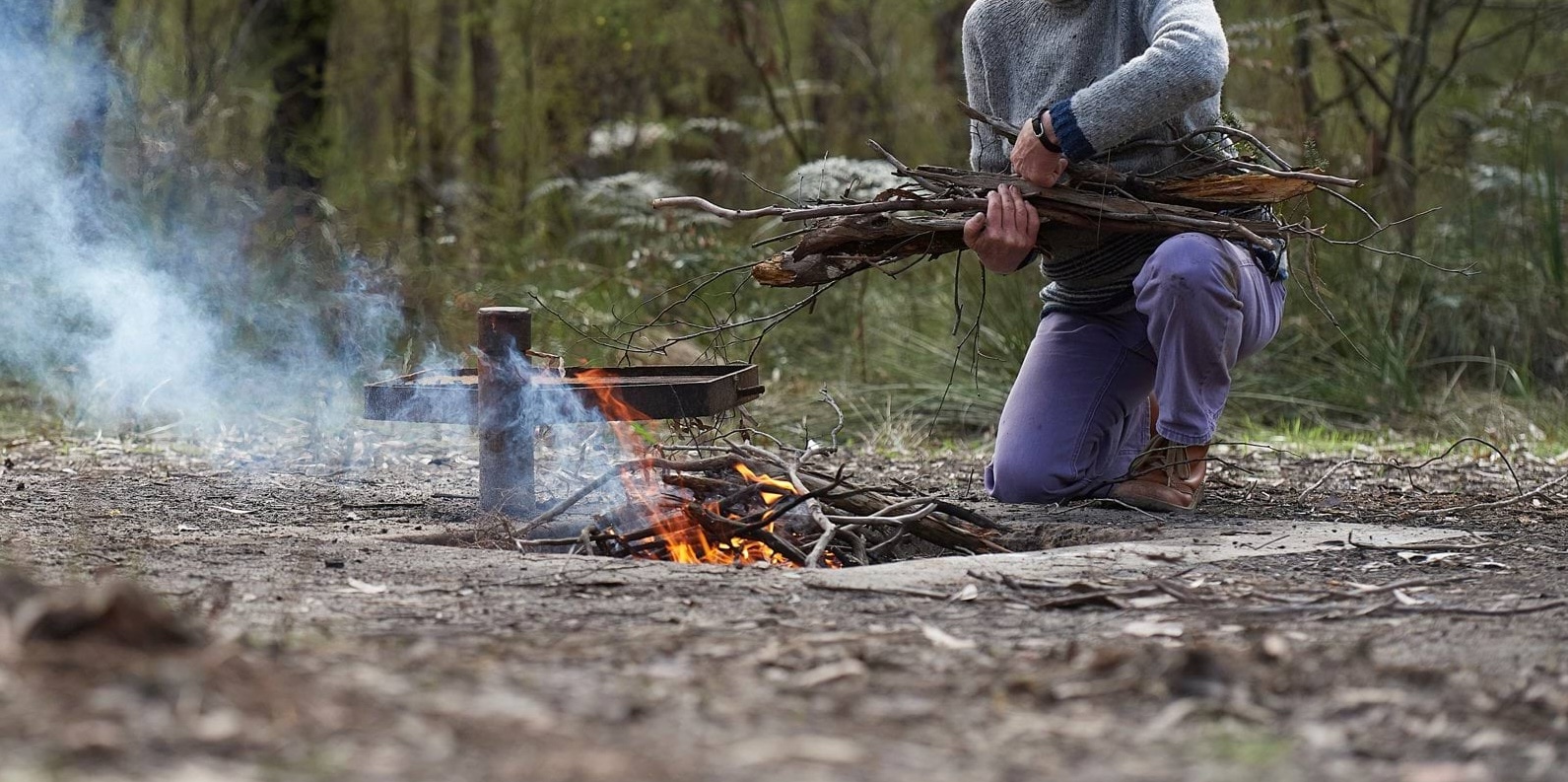

Can we teach our kids to value nature and act for wildlife?
Zoos Victoria’s (ZV) Fighting Extinction Schools (FES) Program is designed to engage Victorian schools, teachers and students in creating wildlife-friendly communities that not only value nature and biodiversity but are willing to do something about it by fighting extinction.
Funded by the Victorian Department of Environment, Land, Water and Planning, Zoos Victoria aimed to inspire 40,000 students and 400 teachers from 400 Victorian schools through the program.
The main goals of FES are to build a sense of connection, promote better understandings and foster a willingness to take actions that have a positive outcome for nature and biodiversity.
FES offered free zoo visits to schools throughout the period of this research project, and to draw on a variety of supporting teacher resources and campaigns (specific ZV ‘sub-programs’) to ensure the program is educational and effective.
BehaviourWorks, in collaboration with Monash’s Faculty of Education, was engaged to:
- evaluate the impact of the FES Program on those participating
- explore the influence of different aspects of the program and,
- make recommendations for the future development of FES and ZV’s education work more generally.
What did we do?
We worked with ZV to develop a mixed-methods, multi-stage approach.
First, we collaboratively designed a quantitative online survey for teachers and students. This was administered three times to develop pre-zoo visits, post-zoo visits and longer term follow-up data.
We also co-developed a semi-structured qualitative interview protocol for use with teachers involved in the program. And being academic researchers, we also reviewed and distilled the international literature on zoo, environmental and visitor education.
The large dataset generated by the surveys and interviews was analysed using both quantitative and quantitative methods.
Results were compared against the international literature to identify significant findings, with conclusions sharpened by consultation with program stakeholders.
Key insights for those who took part in the FES Program included:
Unsurprisingly, knowledge gains can be uneven
While there was in increase in students’ knowledge about endangered wildlife, for teachers there was no such change.
The ZV teaching resources amplified the students’ knowledge, compared to those classes where they were not used.
Connection to wildlife and nature needs reinforcing
For both students and teachers, a sense of connection to wildlife and nature did not change consistently. Among students, there may have been a small ‘spike’ in connection when preparing for the zoo visit, but it quickly dissipated afterwards.
Behaviour change targets have to be appropriate and achievable
In terms of actual behaviours and actions to protect wildlife and their habitats, results were mixed for both teachers and students, but some behaviours improved.
For example, teachers and students were more likely, in some instances, to raise money to donate to the zoo and purchase (or in case of the students ask their parents to purchase) more sustainable products.
They were also more likely to discuss conservation issues with others and students more frequently avoided using balloons at parties (which can endanger seabirds if they enter waterways).
Based on what teachers said in the interviews, the most influential factors of FES on students’ connection, knowledge and behaviour were those to do with getting ‘up close and personal’, aka the emotions generated from real-life encounters with animals and being able to observe them in naturalistic environments.
Recommendations
Our team offered five key recommendations to assist ZV in the future development of FES and other education programs:
- Keep the fundamentals of the FES Program; they are highly regarded and generally effective as an education and behaviour change program.
- Enhance the currently-successful FES focus on increased knowledge of wild animals and their habitat by encouraging schools and classes to engage with further ZV resources in addition to the zoo visit, continuing to align the FES Program with curriculum needs, and maintaining current resource and professional development opportunities for teachers.
- Shift the upfront focus from promoting connections to wildlife in general to deeper levels of engagement by targeting species and habitat that are local to schools, increasing uptake of pro-environmental behaviours (to increase feelings of connections with nature) and consider longer-term engagement with schools to keep wildlife and habitat ‘front of mind’ for students and teachers.
- Explicitly target pro-environmental behaviours by developing specific, clear behaviours for each campaign (i.e. ZV sub-programs), investigating the underlying factors of these behaviours to enable targeted adaptation of different campaigns and school-based behaviours so that teachers and students can work together.
- Develop monitoring and evaluation frameworks for each ZV campaign to capture detailed program outcomes while also monitoring peer-to-peer learning amongst zoo educators, capturing intergenerational learning from participation to support the program and findings beyond the zoos sector.
In summary
Our evaluation suggests that FES is a successful program which (like the students themselves) will benefit from nurturing to generate ongoing pro-environmental and pro-wildlife behaviours and to generate support for the teachers and zoo educators to adapt their practice to the needs of individuals, classes and schools.
Related projects

Have a project for us?
We'd love to help you unpack the problem. Get in touch.







